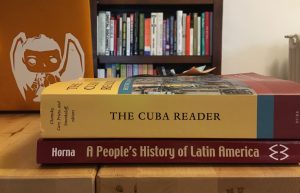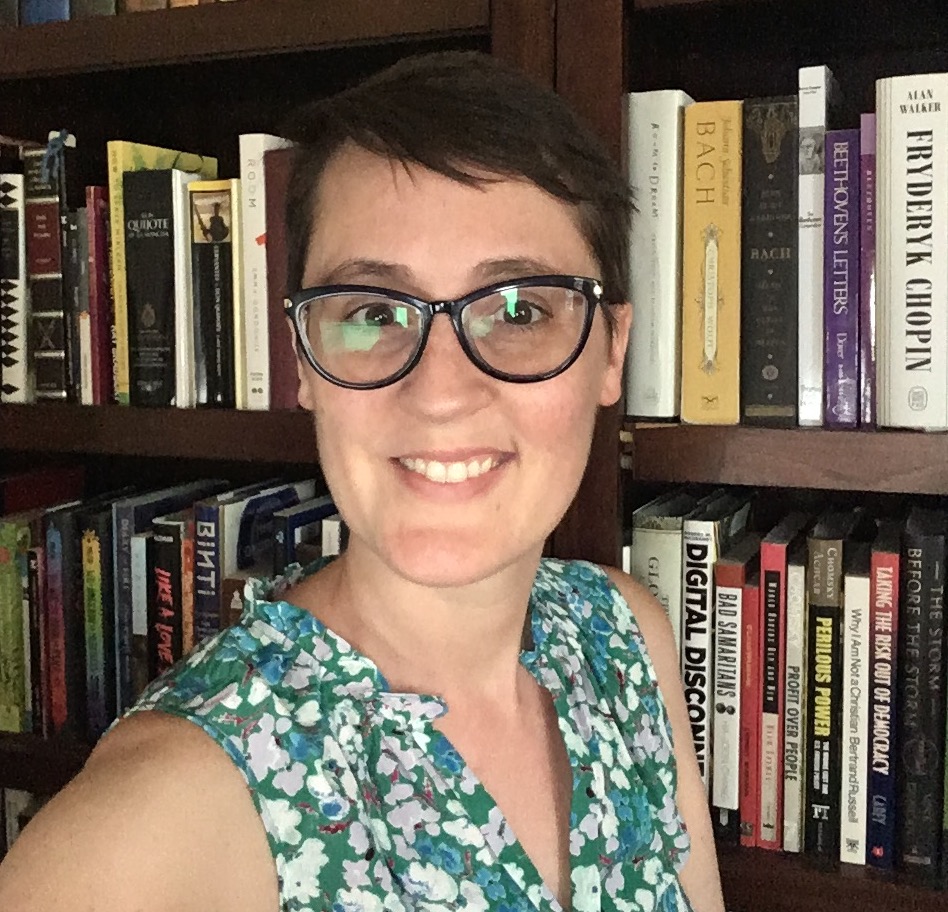 Courses Taught
Courses Taught
Latin America: An Institutional and Cultural Survey
This course examines the nature and origins of social, political, and economic institutions of Latin America. Its rich and varied culture, an outgrowth of past experiences involving much racial and ethnic mixing, is studied in this institutional context. Students will explore the social, political, cultural, and economic history, as well as the experiences and the realities of Latin America. They will develop an understanding of Latin American histories and cultures through class discussions and informal writing assignments. Additionally, students will engage in a variety of communication-intensive activities, both oral and written, designed to enhance their appreciation and their awareness of Latin American history and culture and the way it shapes and reflects a multicultural world.
Latinas: A Social and Cultural Survey
This course explores the important roles that Latinas have played both in and beyond the United States as well as their numerous contributions to our society and culture. The first two weeks will be spent establishing (as a class) the specific Latinas that we will be studying throughout the semester. We will discuss questions of identity, gender and sexuality, politics, labor, family, language, and literary and artistic expression. The course will provide an introduction to Latina theory and an overview of Latina ‘pioneers.’ Students and professor will work together to determine the content covered during the semester.
Latin America and the Caribbean: Cultures and Societies
This interdisciplinary course examines artistic, literary, and cultural movements of Latin America and the Caribbean through humanities disciplines. Students will develop research projects; themes and approaches may vary by instructor. The course may focus on indigenous civilizations, Afro-diasporic-creole cultural and spiritual developments during colonial times and beyond slavery, as well as twentieth-century modernist and avant- garde literary movements, indigenismo, pan-African undertakings, trans-Caribbean musical genres, nueva canción latinoamericana, cinema, visual arts, theater and performance, publications, and cultural responses to dictatorships. Current digital artforms and media and their multiple debates on free trade, migration, gender, feminism, queer aesthetics and the environment could be also addressed.
Latino/a Literature in the U.S.
This course examines significant works of literature written in English by Latinos and Latinas in the U.S. It concentrates on novels, short stories, and essays from the late 19th century to the present. Special attention is given to issues of cultural identity, social class, race, and gender, as well as bilingualism and code-switching. While focusing on the diversity of the Latino/a literary expression, this course also explores the sociopolitical contexts in which the works emerged and the commonalities and differences of the experiences of the Latin American diasporas in the U.S.
Cuban Culture and Society
This course focuses on the development of Cuban culture and society, with special emphasis on the socialist process initiated in 1959 and its consequences in the areas of culture, the economy, political institutions, class, race, gender, and civil society. These events are examined within the framework of the island’s own history, the colonial and postcolonial Caribbean, previous and subsequent revolutions in Latin America, and ideologies, such as socialism, imperialism, and nationalism. Students will explore the social, political, cultural, and economic history, as well as the experiences and the realities of Cuba. They will develop an understanding of Cuban history and cultures both on the island and in the diaspora. This will be done through class discussions and informal writing assignments. Additionally, students will engage in a variety of communication-intensive activities, both oral and written, designed to enhance their appreciation and their awareness of Cuban history and culture.
LTS 3015 YouTube Mini-Lectures

